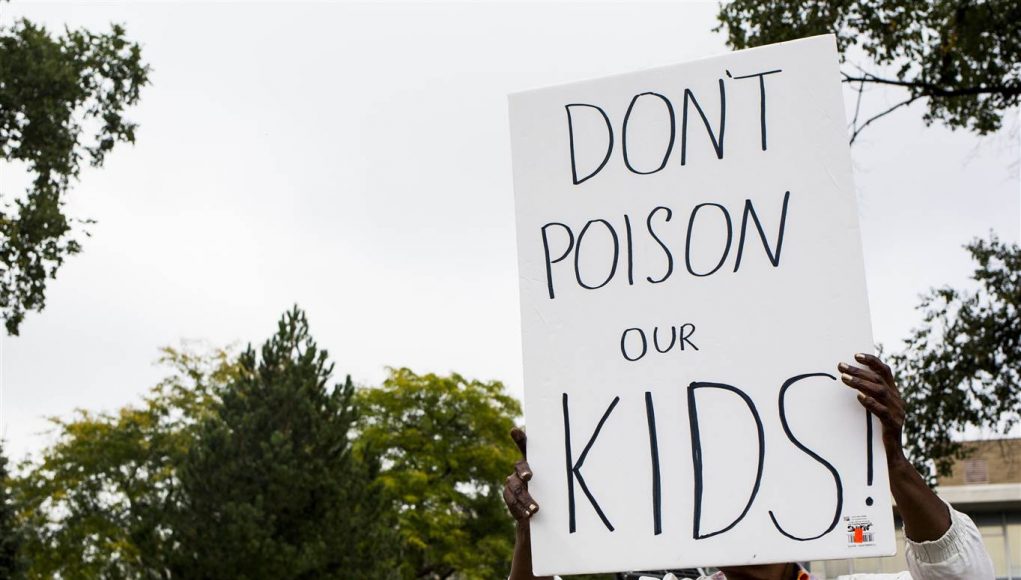In our world, we love giving people labels. The more succinct and generalized the label, the better.
Sometimes the labels are just silly.
The head of the executive branch of our federal government is not simply the president, he is POTUS. His wife, of course, is FLOTUS. The highest judicial body in our country isn’t a court, it is the SCOTUS. And Jenifer Lopez isn’t just Jennifer Lopez, she’s J-Lo.
Sometimes the labels we give are designed to shorthand a person’s philosophy and belief system.
An individual who believes that Jesus lived on Earth and was the son of God, is called a Christian. An individual who believes in an unfettered free market and economy, is a capitalist. An individual who supports taking proactive measures to create an egalitarian culture for women, is a feminist.
But, some labels are not useful or helpful at all because they are misleading. Like using the term “offender” to describe anyone in the criminal justice system that is not currently “offending” or using the term “recipient” to describe someone who works for or receives training in exchange for some assistance from the government.
Or, like the term “pro-life.” We know that fundamentalist evangelical Christians and conservatives use that term to describe themselves.
Of course, they use the term pro-life to describe what they believe is their philosophical position of and spiritual respect for human life.
In fact, they have created a successful public relations campaign for themselves, complete with T-Shirts and commercials, centered around the term, in which they cast themselves as the righteous, noble defenders of all human life, but particularly of the young and unborn variety.
The campaign has been so effective that we – anyone who is not an evangelical, fundamentalist Christian – use the term “pro-life” to describe them as well.
This is a significant semantic victory for them. For if one is pro-life, then anyone who attempts to contravene or contradict “pro-life” policies, is the antithesis of pro-life. And, well, who can be against life?
But, the label “pro-life,” while skillfully crafted, is at best, misleading.
There is a long history and plenty of evidence to suggest that individuals who call themselves “pro-life” don’t mean they advocate for the protection of all human lives, but rather just those lives they find politically attractive to protect.
Pro-life advocates had little to say about the Tuskeegee experiment, a state-sponsored program in which black people were infected with the most virulent strains of syphilis to be left to infect others and die.
The pro-life movement was also silent in the 1980s when literally hundreds of men of color were convicted of crimes they did not commit and sentenced to death.
The pro-life movement had nothing to say about the men of color who were sent to fight and die in the jungles of Vietnam on behalf of the United States to protect its global interests, but had a poor quality of life back in the United States.
And the pro-life movement is now silent again. In Flint Michigan, residents – particularly the young and vulnerable ones in a city that is 56 percent African American – have contended this past year with municipal water tainted with lead and other pollutants.
The tainted water issue in Flint is unconscionable, criminal and abhorrent on every level, from every perspective.
It was created, in essence, by government officials who pilfered the city’s water fund, and switched the city’s water source from a safe water source to a contaminated one.
The water issue in Flint will create lasting medical and mental health issues for future generations. It will hinder the growth and development of an already disadvantaged population.
But, there has been no substantive response from the pro-life movement to date.
From my perspective, if a movement or a people insists that they are pro-life, but are doing little to help the lives who have been affected by the Flint water crisis, we should question whether they are actually pro-life.
Perhaps some other labels for them are more appropriate.




























